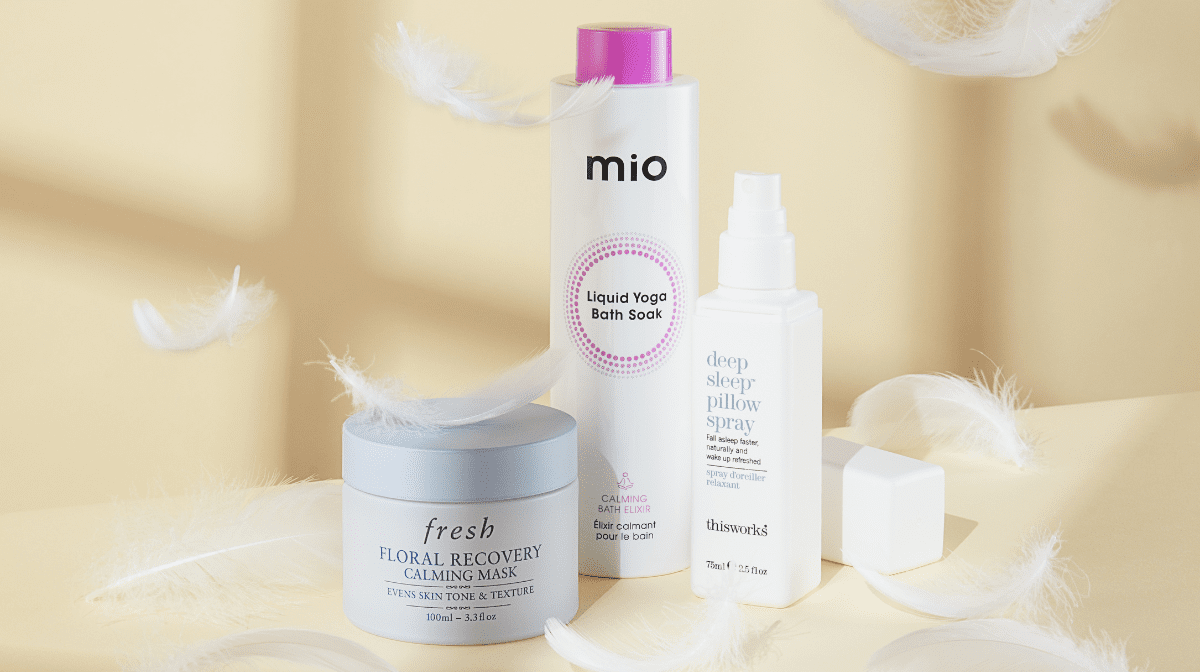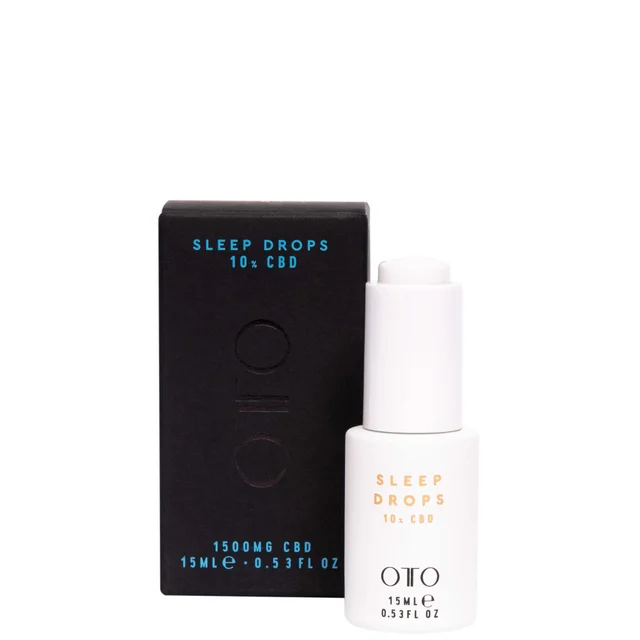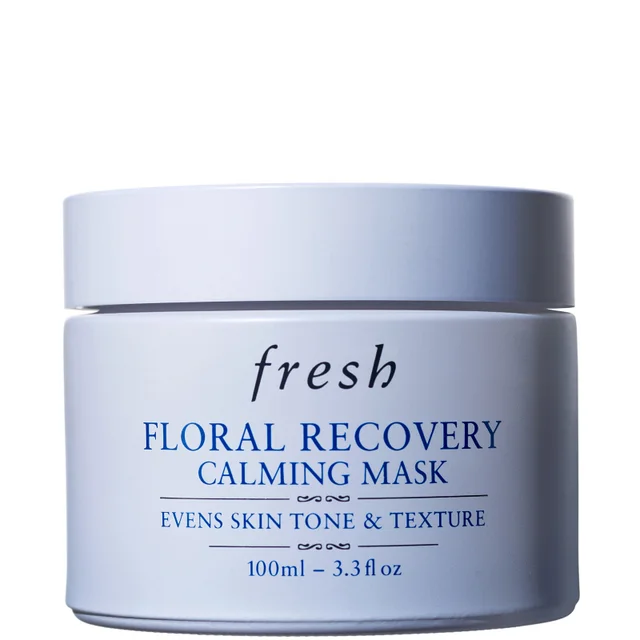How to improve your sleep quality, according to the experts

Healthy sleep schedules can be hard to come by, and what’s more, it turns out our daily and nightly routines might just be impacting how much shut-eye we get per night. If you can’t remember the last time you woke feeling refreshed, it might be time for a sleep intervention. Enter Dr Ramlakhan, sleep and energy expert and author, to explain her top 5 do’s and don’ts for improving your sleep quality, night after night…

Top tips for better sleep
“My answer to better (and deeper) sleep is a simple process of starting by applying my 5 non-negotiables,” Dr Ramlakhan explains. “Just 7 days of using my 5 non-negotiables can produce dramatic results in the quality of sleep and energy levels.”
1) Don't skip breakfast
“Not only is the 'most important meal of the day' vital for energy and concentration, but breakfast can affect your sleep too. I recommend eating within the first half-hour of rising, so you can stabilise your blood sugar levels. Stabilising your blood sugar enhances your body's ability to produce the hormone melatonin, which is needed for sleep, later in the day.”
2) Cut back on caffeine
“You might feel like a cup of coffee is exactly what you need to keep you awake and alert after a bad night's sleep, but relying on caffeine can become a viscous circle, keeping you awake later at night. Cutting back on caffeine can hugely enhance your sleep and help you sleep deeply. Ideally, you should avoid caffeine after 4pm. As well as coffee, it is advisable to avoid tea, fizzy drinks, and even green tea too. Everyone's caffeine metabolism is different; however, the effects can linger for a long time in the body.”
3) Stay well hydrated
“Another non-negotiable is drinking more water and making sure you're staying hydrated. Not only do you lose water throughout the night but being well hydrated can help reduce awakenings and disruptions caused by dehydration, such as a dry mouth and leg cramps. If you often forget to stay hydrated, set alarms evenly throughout your day, and drink a cup of water whenever they ring. This is extremely important to make sure your amount of sleep is adequate.”
4) Go to bed early
“You should try and go to bed early about three or four nights a week. This is about training your body to receive rest earlier. It might be tempting to stay up and watch that extra episode on Netflix, but this can throw your sleep pattern completely out of whack. Three or four nights a week, you should aim to be in bed between 9:30 and 10pm. You don't necessarily have to be sleeping but resting or doing something that is restful such as a warm bath, reading a book (not on your phone! The bright light and light exposure causes more sleep problems), listening to soothing music, meditating, or writing a gratitude journal. You can even focus on deep breathing to slowly start preparing your body for sleep.”
5) Set healthy technology boundaries
“The fifth non-negotiable is about having healthy boundaries with technology. This means leaving electronics out of the bedroom. Late bedtimes are often related to technology and social media, with people staying up absorbed by the internet or the television. The blue light from devices also impacts the sleep cycle. Ideally, your phone should not be the last or first thing you look at before your turn your light out or first thing when you wake up.”
What are the best sleep products?















